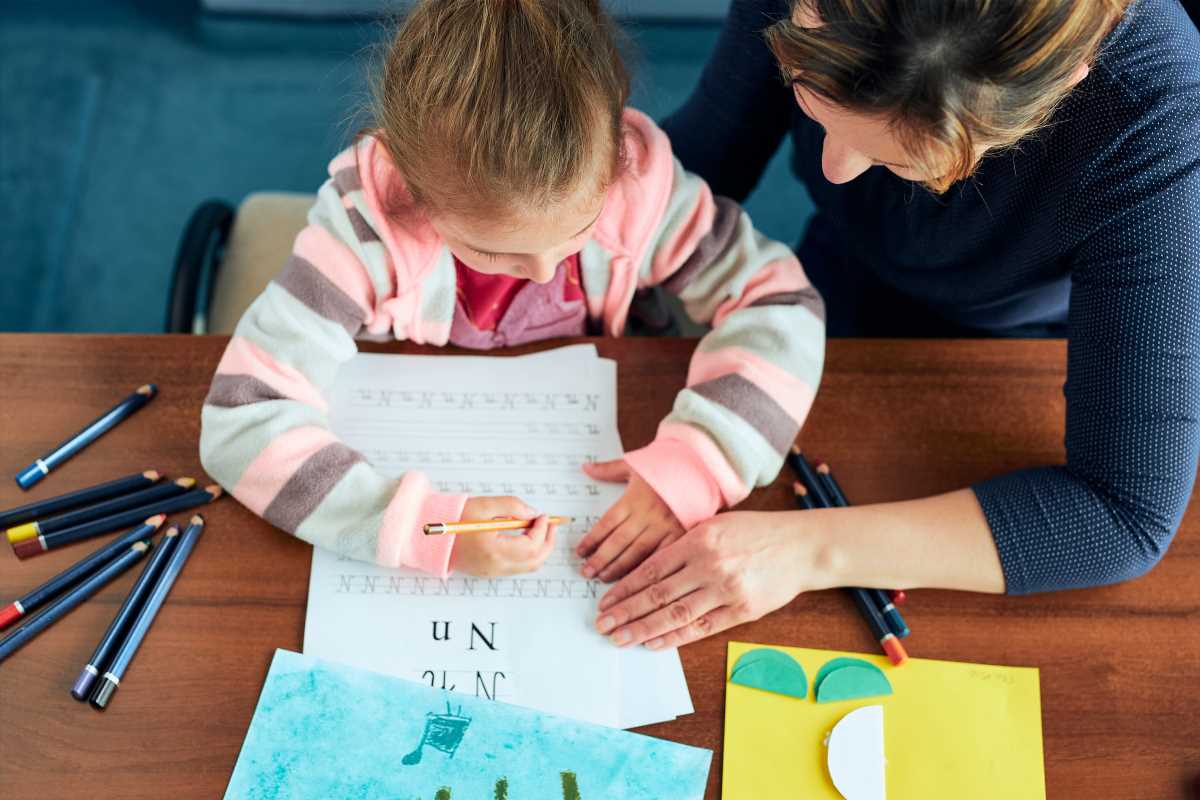A little child steps into the playground, facing a whirlwind of emotions like excitement, frustration, and joy as they dive into their first interactions. This moment showcases the early development of emotional intelligence in preschoolers, an essential skill that helps them grasp and handle their emotions effectively. By nurturing emotional intelligence in these formative years, we set the stage for them to build healthy relationships and maintain personal well-being as they grow. This foundation becomes a cornerstone in their lives, influencing how they connect with others and navigate the complexities of their emotional world.
Understanding Emotional Intelligence in Preschoolers
Emotional intelligence in young children encompasses several key components that contribute to their social and emotional development:
- Self-awareness: Recognizing and understanding one’s own emotions.
- Self-regulation: Managing and controlling emotional responses.
- Social awareness: Comprehending and empathizing with others' emotions.
- Relationship skills: Building and maintaining healthy connections with peers and adults.
- Decision-making: Making thoughtful choices based on emotional understanding.
By enhancing your child's emotional intelligence, you can lead them to better academic performance, improved mental health, and more fulfilling interpersonal relationships.
Benefits of Enhancing Emotional Intelligence Through Play
Play serves as a natural and enjoyable way for children to develop emotional intelligence. Through various play activities, preschoolers learn to express their feelings, navigate social interactions, and solve conflicts. For instance, when children engage in role-play games, they practice empathy by stepping into someone else’s shoes, enhancing their ability to understand different perspectives.
Another example involves cooperative games, where children must work together to achieve a common goal. These activities teach patience, teamwork, and effective communication, all of which are essential components of emotional intelligence.
Ten Surprising Play-Based Methods
- Emotion Charades: Use cards with different emotions and have your child act them out. This helps in recognizing and naming emotions.
- Storytelling with Feelings: Create stories where characters navigate various emotions, encouraging your child to discuss their own feelings.
- Emotion-Themed Art Projects: Let your child express their emotions through drawing or painting, enhancing self-awareness.
- Role-Playing Scenarios: Act out different social situations to practice empathy and problem-solving.
- Music and Movement: Use music to explore different moods and emotions through dance and movement.
- Building Together: Engage in collaborative building projects, teaching patience and cooperation.
- Emotion Matching Games: Match facial expressions to emotions to improve emotional recognition.
- Calm-Down Bins: Create a special space with tools to help your child manage overwhelming emotions.
- Nature Exploration: Use time outdoors to discuss feelings and observe emotional expressions in others.
- Puzzle Solving: Work on puzzles together to promote patience, persistence, and frustration management.
Integrating Emotional Intelligence Activities into Daily Routines
Incorporating emotional intelligence activities doesn't have to be time-consuming. Simple adjustments to your daily routine can provide ample opportunities for development:
- Morning Check-Ins: Start the day by asking your child how they're feeling and discussing any concerns.
- Meal Time Conversations: Use meal times to talk about each other's day and share emotions.
- Bedtime Reflections: End the day by reflecting on what went well and what emotions were felt.
- Interactive Play: Integrate emotional intelligence games into your regular playtime activities.
These consistent practices help embed emotional intelligence skills into your child’s everyday life, making them second nature over time.
Overcoming Challenges
Parents may encounter several obstacles when trying to boost their child’s emotional intelligence through play. One common challenge involves finding the right balance between structured activities and free play. It's essential to allow flexibility so that children can explore their emotions naturally without feeling pressured.
Another obstacle includes limited time or resources. Parents can overcome this by utilizing everyday situations as learning opportunities. Simple actions like discussing feelings during a walk or while cooking together can be just as effective as organized activities.
Applying these methods can greatly boost preschoolers' emotional intelligence, fostering their well-being and success.
 (Image via
(Image via





